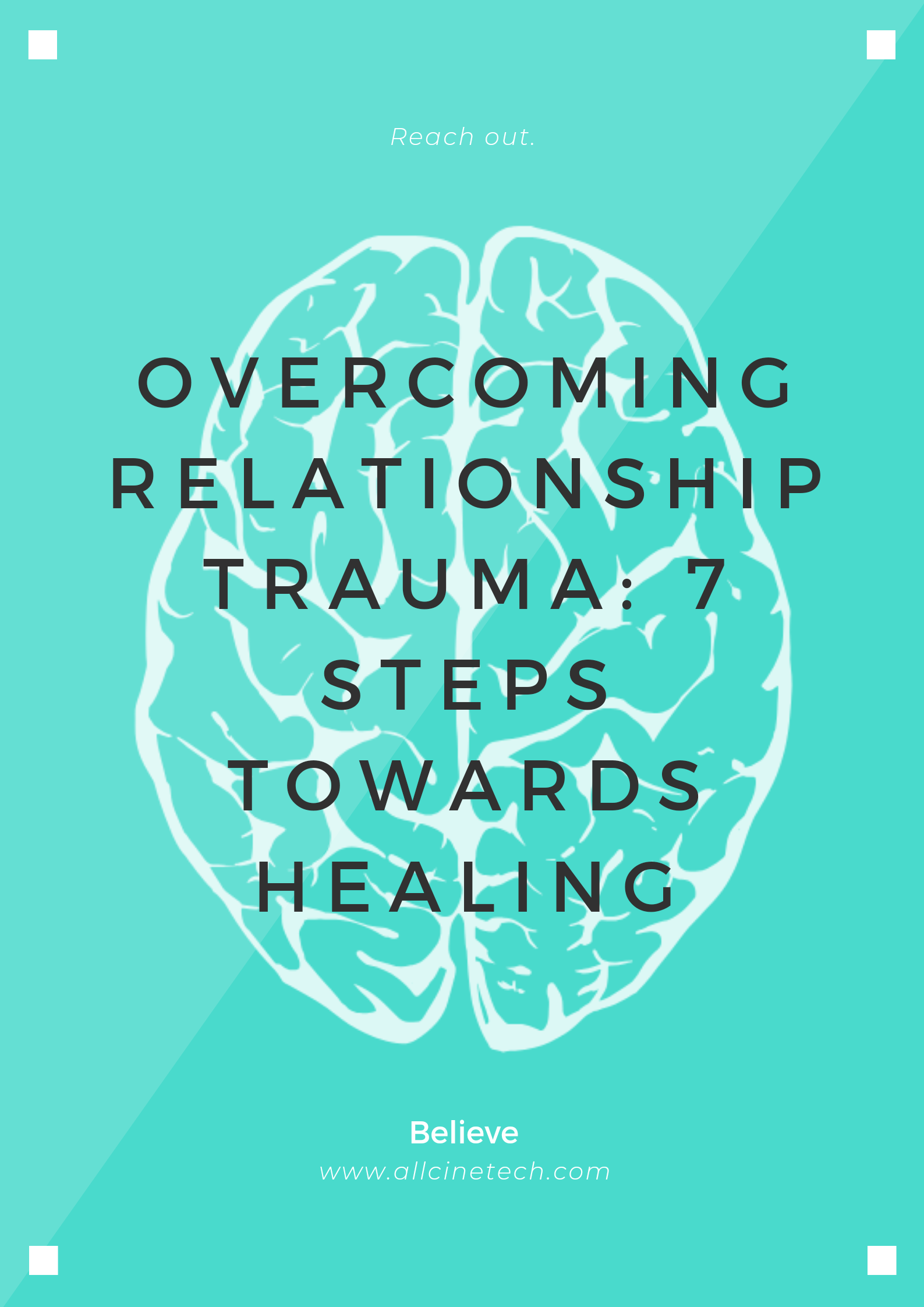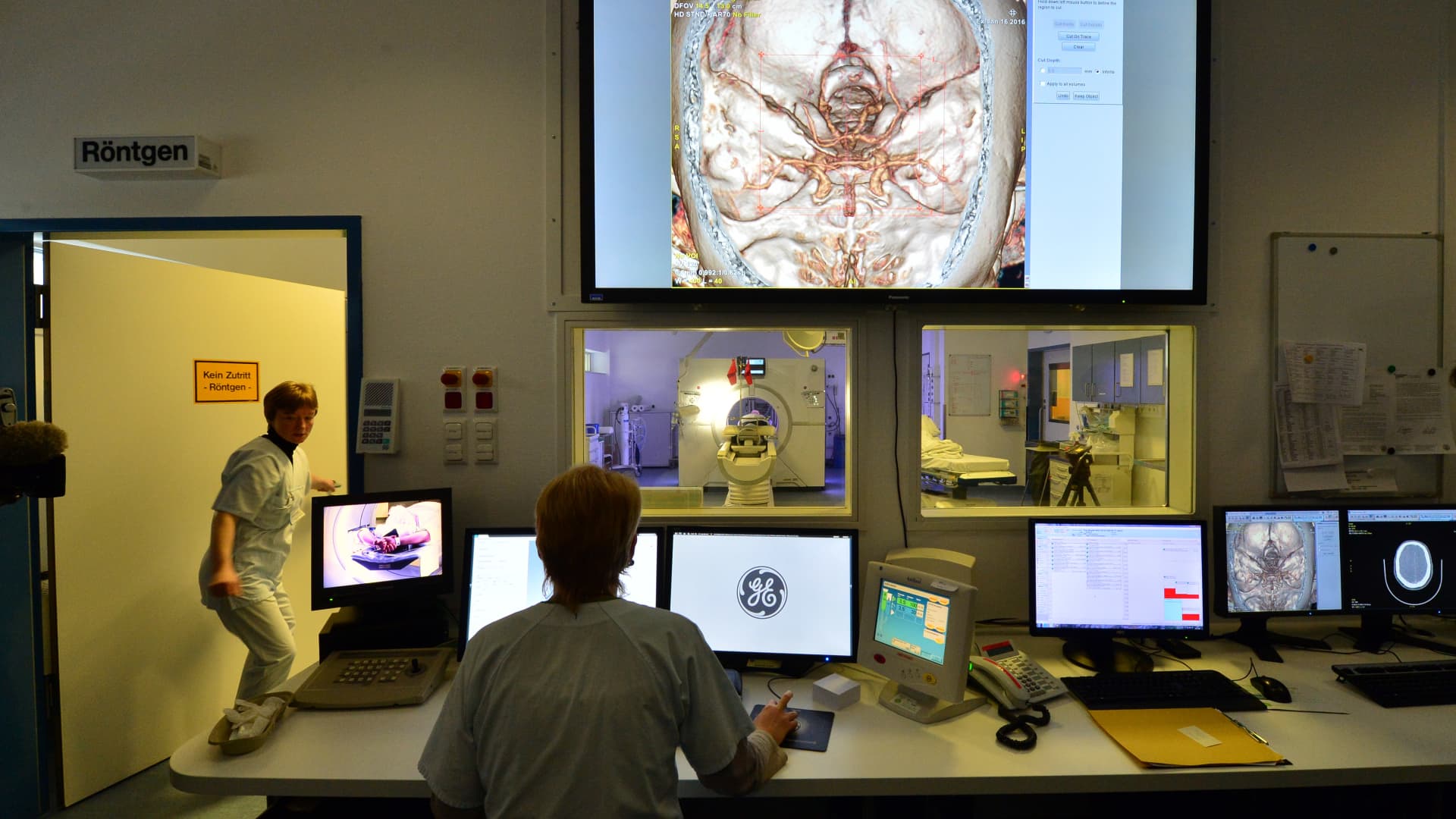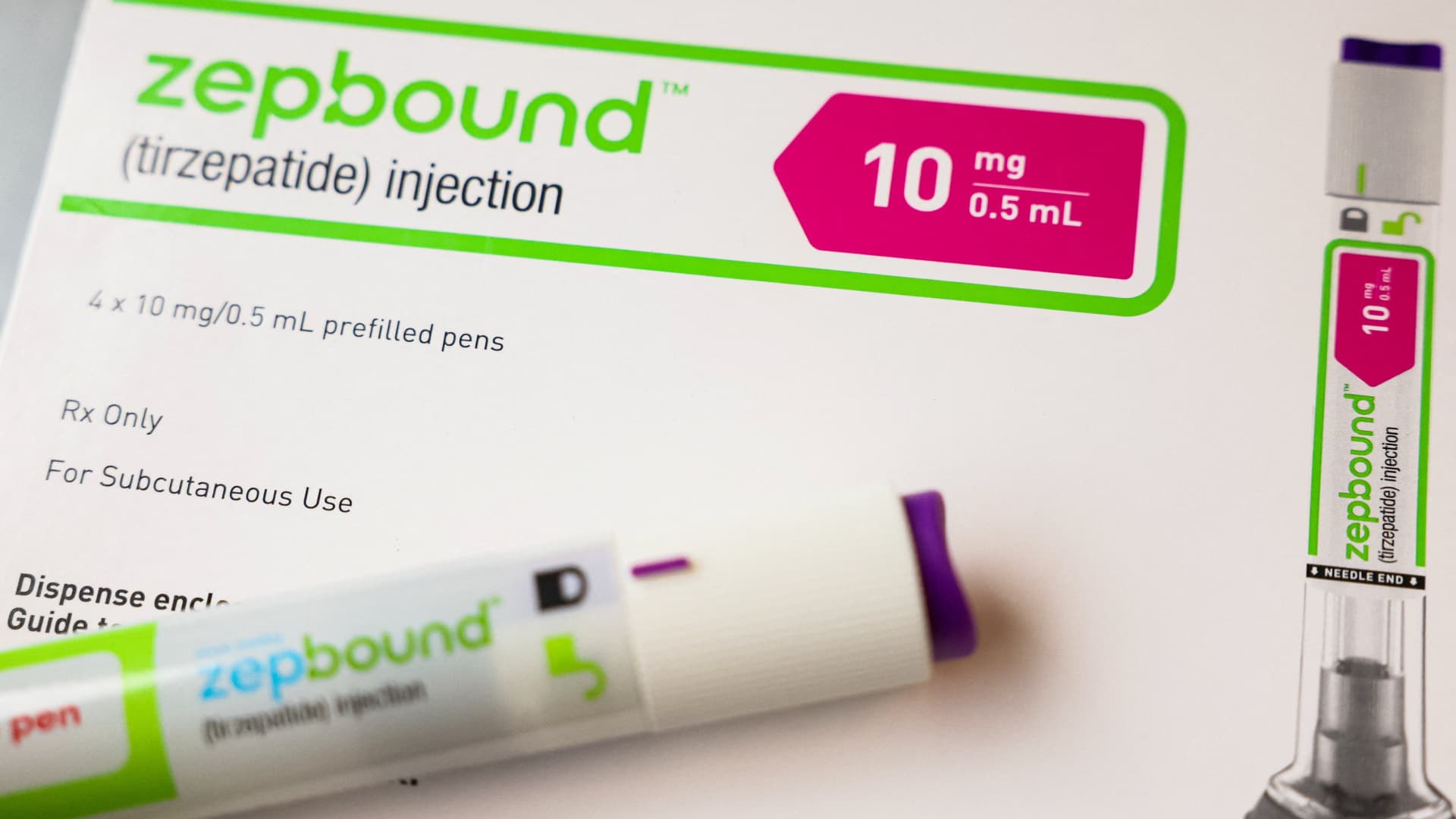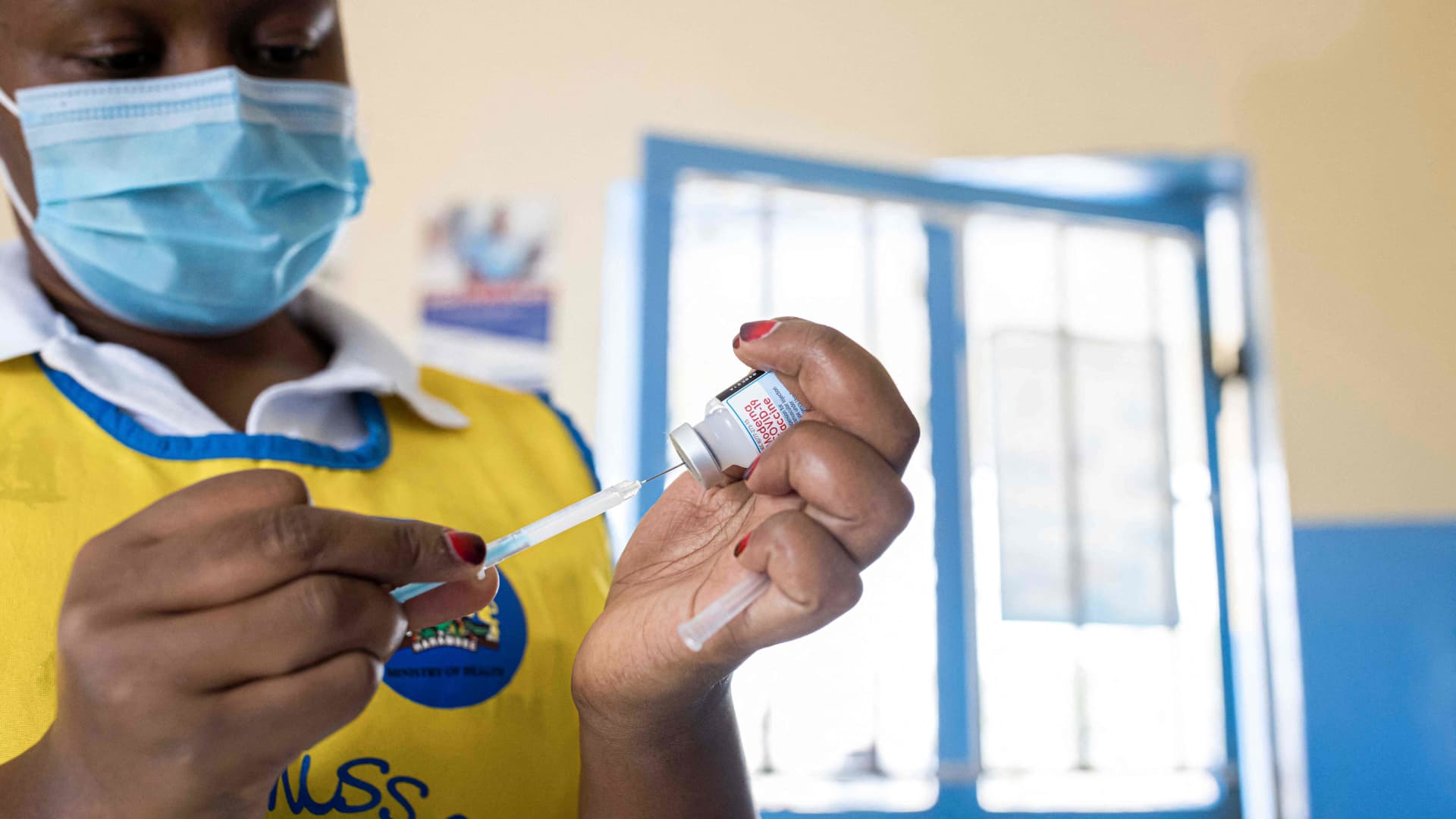Overcoming Relationship Trauma
Table of Contents

Introduction:
Relationship trauma can have a profound impact on an individual’s emotional well-being, often leaving deep scars that hinder future connections. However, healing is possible with the right approach and support. In this article, we delve into the journey of overcoming relationship trauma, outlining seven powerful steps towards healing.
Understanding Relationship Trauma:
Relationship trauma encompasses experiences of betrayal, abandonment, abuse, or neglect within interpersonal connections. These experiences can occur in various relationships, including romantic partnerships, familial bonds, or friendships. The emotional wounds inflicted by such trauma may manifest in trust issues, fear of intimacy, or low self-esteem.
Recognizing the Signs:
It’s essential to recognize the signs of relationship trauma, which can manifest as anxiety, depression, or post-traumatic stress disorder (PTSD). Individuals may struggle with recurrent thoughts or memories of the traumatic event, avoidance of relationship-related triggers, or difficulty forming new connections.
The Impact on Mental Health:
Relationship trauma can significantly impact mental health, leading to a range of psychological symptoms. These may include feelings of worthlessness, heightened vigilance, or difficulties regulating emotions. Left unaddressed, relationship trauma can perpetuate cycles of dysfunction and hinder personal growth.
The Road to Recovery: 7 Powerful Steps:
STEP 1: Acceptance and Acknowledgment
The first step towards healing is acknowledging the reality of the trauma and its impact on your life. This involves accepting your emotions and experiences without judgment, allowing yourself to grieve what was lost.
Step 2: Seeking Support
Seeking support from trusted friends, family members, or mental health professionals can provide invaluable assistance during the healing process. Therapy, support groups, or online forums can offer guidance, validation, and a sense of belonging.
Step 3: Setting Boundaries
Establishing healthy boundaries is crucial for protecting yourself from further harm and reclaiming your autonomy. Communicate your needs and limits assertively, and prioritize self-care to nurture your physical and emotional well-being.
Step 4: Self-Compassion and Forgiveness
Practice self-compassion by treating yourself with kindness and understanding. Let go of self-blame and cultivate forgiveness towards yourself and others involved in the traumatic experience. Forgiveness does not excuse harmful behavior but releases you from the burden of resentment.
Step 5: Cultivating Healthy Coping Mechanisms
Develop healthy coping mechanisms to manage stress and regulate difficult emotions. Engage in activities that bring you joy and relaxation, such as exercise, mindfulness, creative expression, or spending time in nature.
Step 6: Rediscovering Self-Identity
Reconnect with your authentic self by exploring your values, interests, and passions. Invest in personal growth and pursue meaningful goals that align with your aspirations, independent of past relational dynamics.
Step 7: Moving Forward and Building Healthy Relationships
Finally, embrace the journey of moving forward and building healthy, fulfilling relationships. Practice open communication, trust-building, and mutual respect in your interactions with others. Remember that healing is a continuous process, and every step towards growth is a victory.
Conclusion:
Overcoming relationship trauma is a challenging but empowering journey towards healing and self-discovery. By acknowledging the impact of past experiences, seeking support, and implementing healthy coping strategies, individuals can reclaim their sense of agency and cultivate fulfilling connections. Remember, healing is not linear, but with resilience and perseverance, it is attainable.
FAQ
Can a Relationship Come Back from Trauma?
Yes, it is possible for a relationship to recover from trauma, but it requires dedication, communication, and a willingness from both parties to heal. By acknowledging the impact of past experiences, seeking support, and implementing healthy coping strategies, individuals and couples can work towards rebuilding trust, fostering empathy, and cultivating a stronger bond. However, it’s important to recognize that healing takes time and effort, and not all relationships may withstand the effects of trauma. Ultimately, the decision to reconcile or move on depends on the individuals involved and their commitment to growth and mutual well-being.







